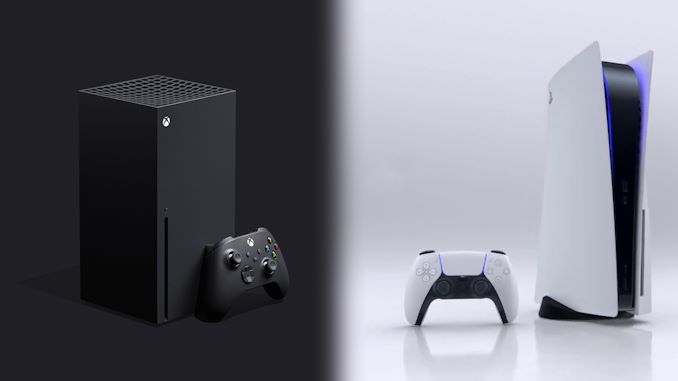- Joined
- Feb 19, 2009
- Messages
- 1,165 (0.20/day)
- Location
- I live in Norway
| Processor | 9800x3D| 5800x | 4800H | Rog ally |
|---|---|
| Motherboard | Gb x870 Aorus Elite ice | Asrack x470d4u | Asus Tuf A15 |
| Cooling | Air | Air | duh laptop |
| Memory | 64gb G.skill SniperX @3600 CL16 | 128gb | 32GB | 192gb |
| Video Card(s) | RTX 4080 |Quadro P5000 | RTX2060M |
| Storage | Many drives |
| Display(s) | AW3423dwf. |
| Case | Jonsbo D41 |
| Power Supply | Corsair RM850x |
| Mouse | g502x Lightspeed |
| Keyboard | G913 tkl |
| Software | win11, proxmox |
Meltdown and his brothers say hi.
also interconnect says hi

Ringbus doesn't scale.
Mesh is a hot garbage mess.











